Centennial Labs
Centennial Labs are unique, hands-on courses designed to engage with real-world issues, ideas, problems and challenges
Our Centennial Labs are one-of-a-kind courses created by Georgetown’s School of Foreign Service (SFS) faculty. They provide cross-curricular and experiential learning opportunities to work with professors, professionals and other experts to develop globally aware and locally informed insights. Participants gain valuable experience in fields ranging from cultural heritage preservation to technology policy while often having the chance to travel abroad to deepen understanding.
By joining Centennial Labs, students will be exposed to diverse global perspectives and be able to contribute to meaningful solutions in real-world contexts. Whether you are interested in cultural studies, technology, public policy or entrepreneurship, there’s a Centennial Lab for you.
At a glance
Application deadline
October 1
You may apply for one C-Lab only, multiple applications will not be reviewed
Credits
3 or 3+1
Duration
One week in spring break, or
Two weeks at the end of the spring semester
Centennial Labs overview
Participating in Centennial Labs allows you to deepen your understanding of global issues and apply your academic knowledge in practical settings. You’ll gain hands-on experience, collaborate with faculty and peers, and develop essential career skills. Explore details on eligibility, the application process and funding.
Course information
Learning outcomes
Participating in Centennial Labs will help you build a more comprehensive understanding of your field, expand your network and enrich your academic journey at SFS. Through Centennial Labs, you will:
- Create tangible outputs, from policy recommendations to innovative solutions
- Apply theoretical knowledge to real-world problems
- Gain hands-on experience in international settings
- Collaborate with professors, professionals and peers on global topics
- Develop practical skills that enhance your academic and professional trajectory
Credits
Centennial Labs are typically three or four credits.
Eligibility
To participate in Centennial Labs, you must meet the following criteria which are further defined on each course’s detailed page:
- Be in good academic and disciplinary standing with the university
- Have a cumulative GPA of 2.5 or higher
- Demonstrate a keen interest in the topic
- For international labs, a valid passport that will be unexpired for 6 months following return from the program is required
Please note that preference is given to SFS sophomores through seniors with no prior C-Lab engagement. However, qualified Georgetown undergraduate students with background knowledge in the course of study are welcome to apply and contribute their perspectives. Depending on the program, some labs may consider first-year students.
Application process
Applications for spring break and summer term Centennial Labs typically come out early September, after the information session and close October 1. To apply, you’ll need to choose one Centennial Lab and submit the application form.
Funding and travel details
The School of Foreign Service and its generous donors cover the costs of travel and accommodation, including airfare, lodging (double occupancy hotel), transportation in the country, some meals, site visit entry fees and trips. Students can expect to pay for:
- International health insurance ($65)
- Cell phone data and calls
- Immunizations
- Transportation to and from the airport
- Personal expenses and some meals (most meals are group-based, though some may be self-arranged)
- Passport and visa: it is the students’ responsibility to research requirements and secure visas if needed
Past students have reported spending between $100 and $300 during spring break and $300 and $600 for two-week international stays.
Centennial Labs courses
Each Centennial Lab is an immersive opportunity to tackle real-world challenges in unique global contexts.
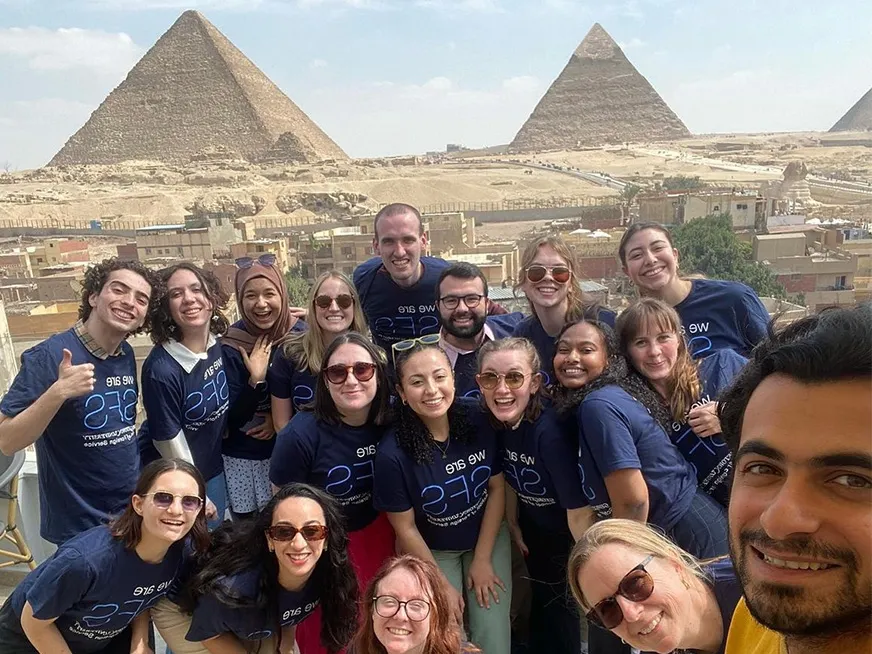
Egypt: Heritage and Development in the Arab World
Examine cultural heritage preservation in the Arab world through Egypt’s historic sites and scholarly dialogue on challenges facing stakeholders, from activists to policymakers and locals.
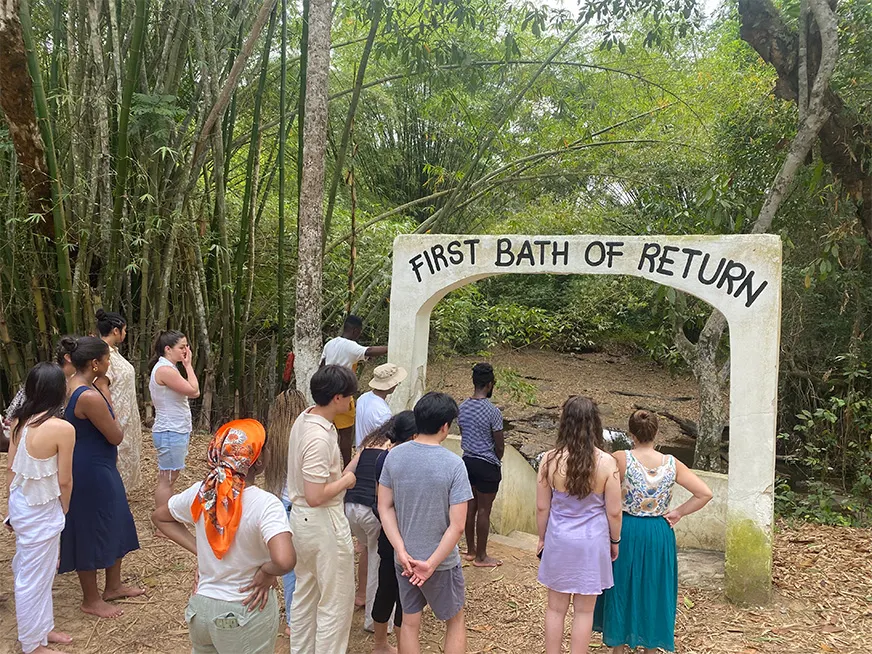
Ghana: Africa Is People
Delve into Africa’s diverse histories, societies and cultures, questioning historical representations and exploring the vibrant, complex narratives of the continent.
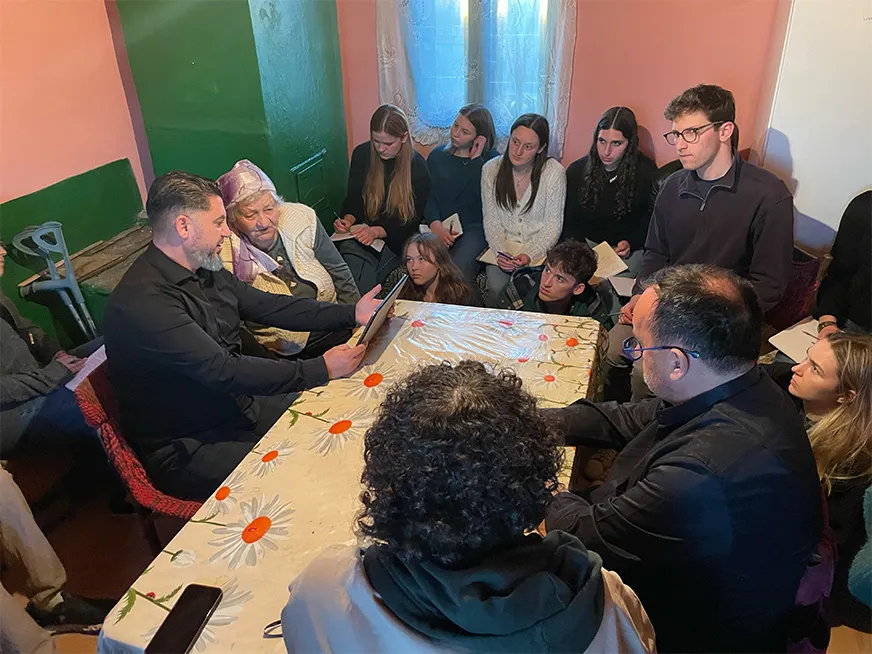
Romania: Holocaust Forensics
Learn forensic investigation techniques and analyze the Holocaust by Bullets in Eastern Europe through site visits and meetings with witnesses of mass crimes, historians and policymakers in Romania.
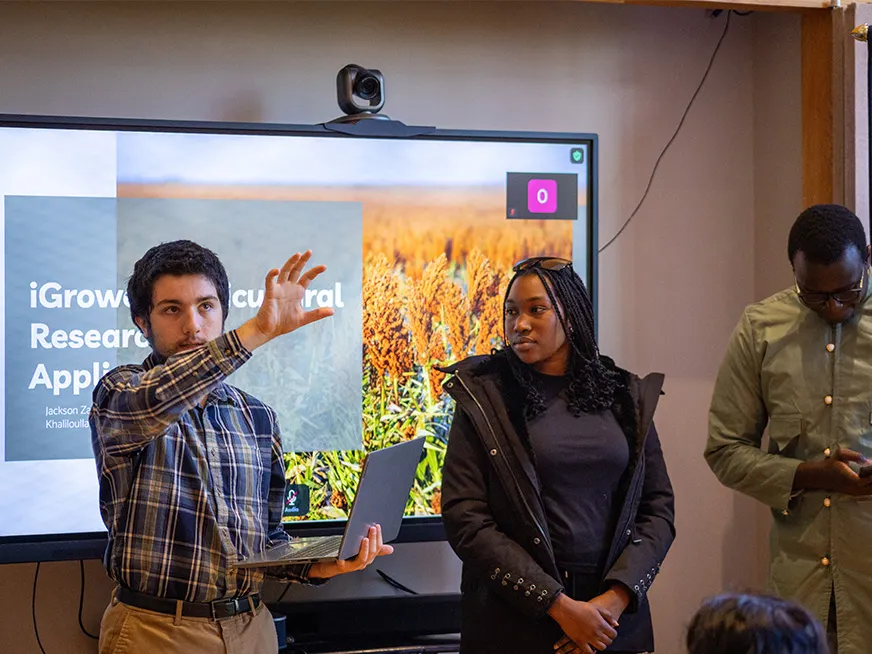
Washington, DC: Start-Up Studio
Create innovative entrepreneurial solutions for global challenges. Collaborate with a network of mentors, engineers and policymakers to transform ideas into actionable, sustainable projects.
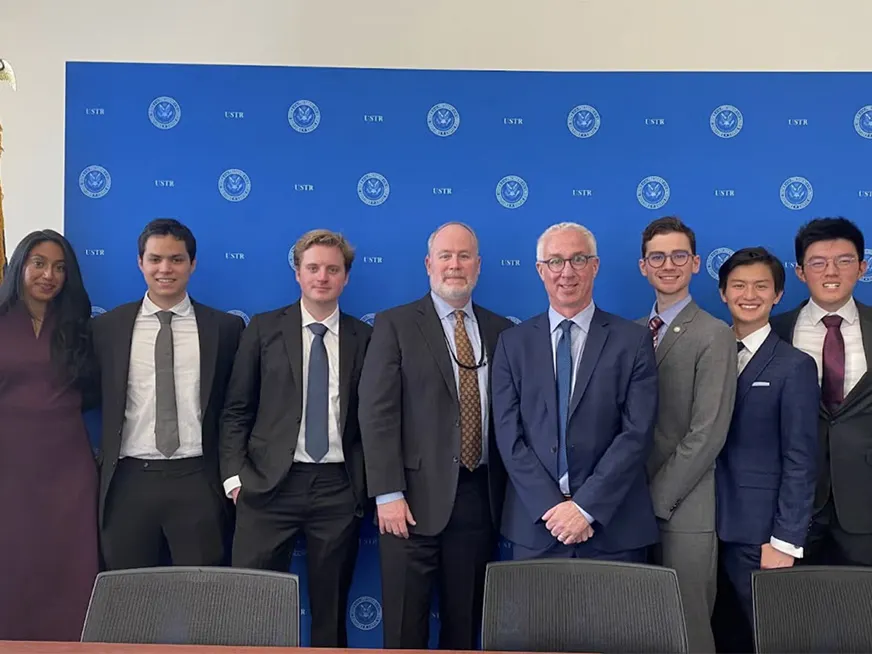
WTO Dispute Settlement
Work with the U.S. Trade Representative’s office on a real WTO dispute. Gain practical experience in international trade law, from legal strategy to dispute resolution.
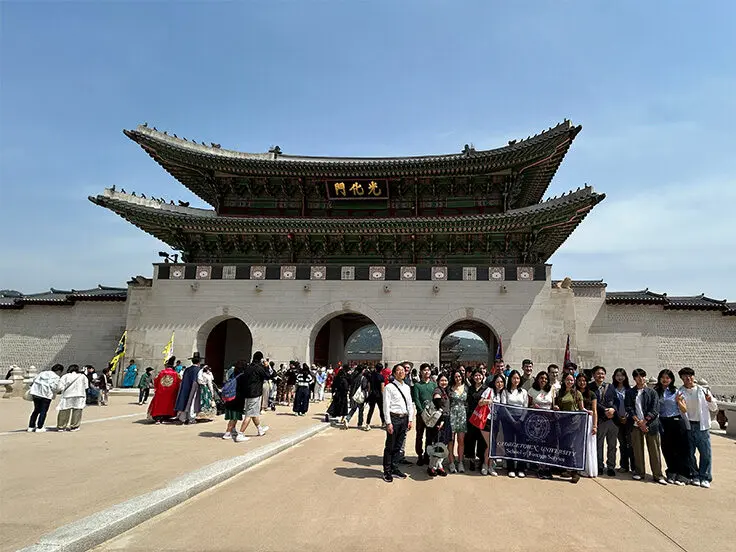
Korea/Japan: Japan in Korea, Korea in Japan
Explore the complex historical relations between Japan and Korea through cultural and social lenses. Engage with key issues surrounding historical memory and present-day tensions.
Student stories
Read about the experiences that our students have had while engaging in Centennial Labs during their studies at the School of Foreign Service.


